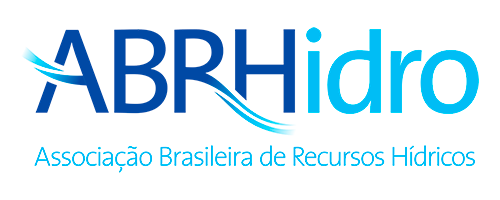ICFM6 - International Conference On Flood Management
Data: 17/09/2014 à 19/09/2014
Local: São Paulo - Brazil
Motivating the Public to Take Actions to Reduce Flood Risk - Best Practices (PAP014426)
Código
PAP014426
Autores
Stacy Langsdale, Susan Kamer Davis
Tema
Flood resilient societies through community preparedness
Resumo
Federal agencies in the United States, particularly the U.S. Army Corps of Engineers and the Federal Emergency Management Agency, communicate flood risk to their publics in order to increase awareness, build shared responsibility for the risk, and motivate communities and individuals to take steps to reduce their risk. Public education has long been used as a tool to influence behavior because it is perceived as relatively easy to execute; however, it is not necessarily effective in quickly motivating action. The other primary approaches for reducing risk include changing the risk through engineering infrastructure, or changing the rules of a system through changing zoning or mortgage laws. Such approaches still require public acceptability to implement, which means that public education continues to be an essential component of community-centered change. Current social psychology research provides many recommendations for how to conduct public education campaigns most effectively. For example, research shows that educating about the level of risk does not correlate to taking action. Factual information can be important for establishing a baseline of awareness, but can also trigger cognitive decision paralysis. Instead, sharing vivid descriptions of a past or potential flood event, or hearing testimonials from survivors of flood events, provide emotional triggers that instill motivation to act. However, building emotional connection is only the first step. For action to result, the individual or community still needs to know specifically what actions can be taken, how to prioritize those which are most effective for their situation, and how to move forward in implementing them. This information is delivered most effectively when the content is consistent and delivered from multiple sources, through multiple media channels, and over a considerable length of time. Therefore, agencies will be more effective if they partner and develop joint messages and coordinate on outreach programs. Public education remains an important tool for changing the status quo for flood risk management in the United States. Educators just need to have realistic expectations of its potential impacts, and to utilize best practices for developing key messages and engaging with the public.

